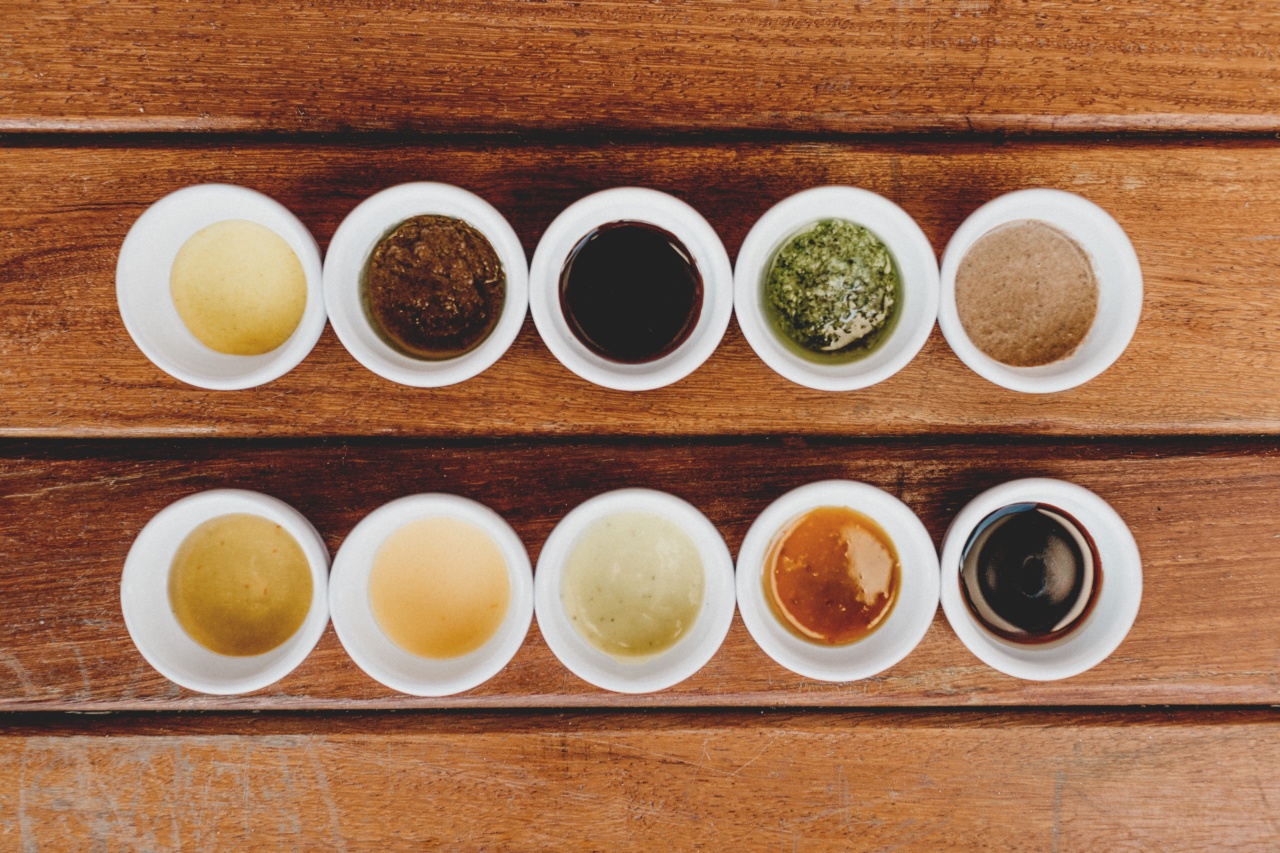Headaches are a common complaint experienced by many individuals. They can be caused by various factors such as stress, dehydration, or as a side effect of certain medications.
However, what some may not realize is that headaches can also be triggered by the food we eat. In this pictorial guide, we will explore the different types of headaches that can occur after eating and discuss their causes and potential remedies.
1. Caffeine Withdrawal Headaches
Caffeine is a stimulant found in many beverages such as coffee, tea, and energy drinks. Consumption of caffeine regularly can lead to dependency, and when you suddenly reduce or eliminate your intake, it can result in a caffeine withdrawal headache.
These headaches are typically characterized by throbbing pain on both sides of the head and can be accompanied by fatigue, irritability, and difficulty concentrating.
2. MSG (Monosodium Glutamate) Headaches
MSG is a flavor-enhancing additive commonly found in processed and fast foods. Some individuals are sensitive to MSG, and consuming foods containing this ingredient can trigger migraines or tension-type headaches.
MSG headaches often manifest as a dull, aching pain in the temples or at the back of the head, and can be accompanied by nausea or dizziness.
3. Histamine Headaches
Histamine is a chemical produced by the immune system in response to allergens. Certain foods, such as aged cheese, fermented products, and processed meats, contain high levels of histamine.
For individuals with histamine intolerance, consuming these foods can lead to histamine headaches. These headaches typically cause a throbbing or pulsating pain, often affecting one side of the head.
4. Tyramine Headaches
Tyramine is a naturally occurring compound found in various foods, including aged cheeses, cured meats, and certain fruits. It can trigger migraines or tension headaches in susceptible individuals.
Tyramine-induced headaches are usually characterized by intense, throbbing pain on one side of the head, along with sensitivity to light and sound.
5. Dehydration Headaches
The human body requires adequate hydration for proper functioning. When you don’t consume enough fluids, it can lead to dehydration, which may result in a dehydration headache.
These headaches often manifest as a dull, steady pain all over the head and can be accompanied by dry mouth, dizziness, and fatigue.
6. Hypoglycemic Headaches
Low blood sugar levels, also known as hypoglycemia, can cause headaches in individuals with diabetes or those who have irregular eating patterns. These headaches typically occur when blood glucose levels drop rapidly.
They often present as a dull, throbbing pain that worsens with physical activity or prolonged fasting.
7. Food Sensitivity-Related Headaches
Some people may experience headaches as a result of food sensitivities or allergies. Consuming trigger foods can lead to an inflammatory response in the body, which can cause headaches.
Common trigger foods include dairy products, gluten, nuts, and shellfish. Headaches related to food sensitivities can vary in intensity and may be accompanied by other symptoms like digestive issues or skin rashes.
8. Alcohol-Induced Headaches
Alcohol is a well-known trigger for headaches in many individuals. It can cause alcohol-induced migraines or tension headaches.
These headaches typically occur during or after alcohol consumption and can be accompanied by nausea, sensitivity to light, and fatigue.
9. Nutritional Imbalance Headaches
A poor diet lacking in essential nutrients can lead to headaches. For example, a diet high in processed foods and low in fresh fruits and vegetables can result in nutrient deficiencies that trigger headaches.
Nutritional imbalance headaches can present with various symptoms, including dull or sharp pain in different areas of the head.
10. Stress and Emotional Eating Headaches
Stress and emotional eating may lead to headaches in certain individuals. When stressed, many people turn to comfort foods that are often high in sugar or unhealthy fats.
These foods can contribute to headaches, especially when consumed in excess or as a coping mechanism. The headaches associated with stress and emotional eating can vary in intensity and may be accompanied by other stress-related symptoms.
Conclusion
It is important to pay attention to the foods we consume and their potential effects on our health.
Maintaining a balanced diet, staying hydrated, and being aware of any food sensitivities or allergies can help minimize the occurrence of headaches after eating. If you frequently experience headaches after eating certain foods, it may be helpful to keep a food diary to identify possible triggers.
Additionally, consulting with a healthcare professional or registered dietitian can provide personalized guidance and recommendations.






























